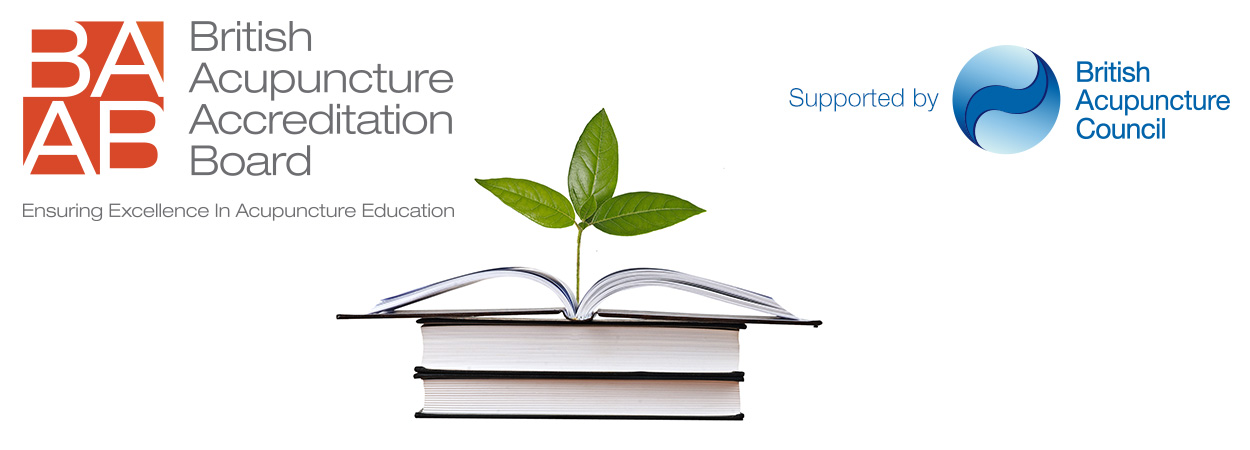

Articles
- 'Gold standard' professional insurance: for medical malpractice and public products liability cover of up to £5 million
- Additional insurance benefits: 24-hour legal helpline; professional legal protection up to £100,000; cover for additional therapies; cover for teaching; personal accident insurance up to £25,000
- Register of members: published annually and listing all all UK and overseas practising members' practice details.
- BAcC website practitioner search listing: now the most popular way for the public to find BAcC members and book appointments
Radical side effects of acupuncture accreditation.
Paul Hougham and Allen Parrott
Introduction – the challenge of holism
Since 1990 the British Acupuncture Accreditation Board (BAAB) has been accrediting licentiate and degree level acupuncture professional courses in Britain. Its success as a rigorous regulator has been celebrated by government and even noted by other healthcare professions, but its accreditation processes have also had beneficial educational effects.
The following thoughts on professionalism and reflection were circulated at a day conference for acupuncture and herbal medicine teachers held at the Northern College of Acupuncture (NCA) on June 24, 2006. They may be of wider interest? Like all BAABaccredited institutions, NCA prepares undergraduate students for the 'profession' of acupuncture. We believe reflective practice to be a crucially important aspect of that preparation.
Introduction: different ways of thinking?
Formal scientific research, using the conventional methods of biomedical science, would seem to have an important, uncontested place in the development of acupuncture in the west. The British Acupuncture Council devotes several pages of its regular newsletters to the latest reports of research projects or research findings from the local and the international scientific research community.
Introduction: The Challenge of Reflective Practice
Some years ago, at an accreditation visit to an acupuncture institution, a group of managers, lecturers, acupuncturists and educationalists were sitting round a table discussing reflective practice. More specifically, the visitors from the British Acupuncture Accreditation Board were putting the case for introducing reflective practice into the curriculum of the degree level course that was being accredited.
Talking about acupuncture
Professional acupuncturists talk about the positive impact that their career choice has had on their lives
Watch videosNews
Join the BAcC
The BAAB accredits teaching institutions, not practitioners - if you are a fully qualified acupuncturist wishing to join the British Acupuncture Council
Go here